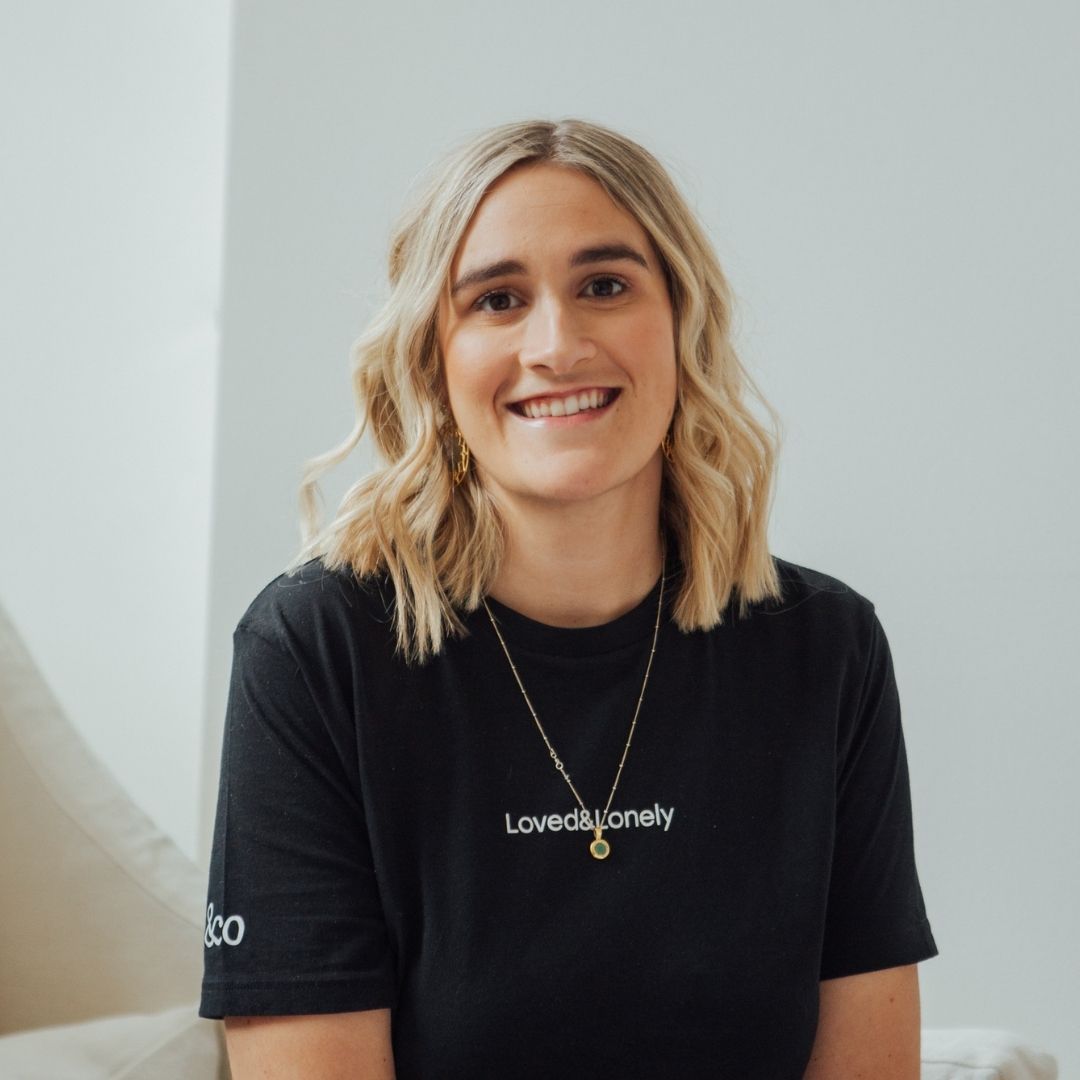Suicide&Co was founded in 2020 to support adults bereaved by suicide and to open up conversations around suicide-related grief. Through counselling, a helpline, digital resources, the charity provides a lifeline for people navigating one of the most complex forms of loss.
From the start, CEO Amelia Wrighton knew the challenge would be about more than compassion. Research revealed that tens of thousands of people are newly affected by suicide loss every year in England and Wales. With limited budgets, a small team and huge demand, the question was clear: how could Suicide&Co reach people at scale while still providing deeply personal care?
For Amelia, the answer was to make technology work for their mission. By putting data and systems at the heart of their model, Suicide&Co has been able to prove impact, secure funding and most importantly free counsellors to focus on what matters most, one-to-one human support.
In just five years, Amelia Wrighton has led Suicide&Co from an idea sparked by a personal conversation to a national service delivering 550 hours of counselling every month in the UK. What began at zero sessions is now on track to reach around 800 per month by November and hundreds more people receiving life-changing support.
Building for scale from the start
Amelia’s background in media sales and digital consultancy gave her an eye for efficiency. “I was always pitching projects about how organisations could use technology to make their models more efficient, to save time and money,” she explains. When a conversation with a colleague revealed they had both lost a parent to suicide, that skill set found a new purpose.
Research showed that between 36,000 and 819,000 people in England and Wales are newly impacted by suicide loss each year. That number made it clear that any model they built had to be scalable without sacrificing the personal nature of support.
The technology behind the growth
From day one, technology was woven into the service model. Early investment in a scalable system meant that when their database of contacts grew, there was no disruptive migration or data merge, they were already using a platform that could handle the increase. This foresight has supported everything from automated funder reporting to efficient invoicing for counsellors.
Technology also enables the charity’s own app, due for relaunch in September, which Amelia says “completely democratises support” and sits at the heart of their model. She describes tech as “the silent partner” in their work, making the administrative parts as efficient as possible so the team can focus on one-to-one human support.
Data as a driver for better services
For Amelia, data is not a back-office formality. It is central to service delivery. From the earliest days, Suicide&Co has tracked who uses their services, the types of support needed and how demand changes over time. This has allowed them to respond quickly to trends such as rising requests for specific counselling topics, and to forecast demand accurately so they can hire the right number of counsellors without overstretching.
The results of this approach are clear. Attendance rates for free counselling typically sit between 70 and 75 percent across the sector. At Suicide&Co, they reach 90 percent. Amelia is proud of that number but not satisfied. “I do not want 10 percent of the counselling we raise money for to go to waste,” she says, reflecting the same focus on efficiency that runs throughout the organisation.
Data also gives Amelia powerful tools when it comes to proving impact. Live dashboards allow her to walk into funder meetings and show exactly how many sessions have been delivered, broken down by day, month or year. At present, they are up 35 percent year on year; this time last year, the figure was 70 percent. These results are available instantly, without manual reporting, freeing up time to focus on service delivery.
“The data tells us if what we are doing is working, it shows us gaps we did not know were there, and it gives us evidence when we need to make the case for funding or expanding a service,” Amelia says. It is this integration of insight and action that she believes other nonprofits can learn from: build data into delivery from the start, rather than bolting it on later, and use it to improve services for the people who rely on them.
Why this matters at TechSmart
TechSmart is about turning innovation into impact, and Amelia’s story is a clear example of how that can work. Her session, Scaling with Soul: How Tech and Data Fuel Impact at Suicide&Co, will offer a candid look at how technology, insight and lived experience have come together to create a sustainable, scalable model in one of the most sensitive areas of support work.
She sees the event itself as an opportunity for the sector to improve. “I had not really seen an event like this before,” she says. “I was really excited to be having a conversation around how we can improve.” For leaders who want to grow their reach without losing the heart of their mission, it is a chance to hear directly from someone who is proving that efficiency and empathy can work hand in hand.
Don't miss out on hearing from Amelia Wrighton at TechSmart 2025. Book your ticket today.
